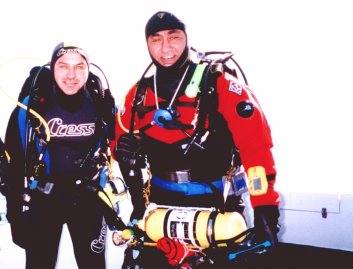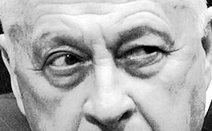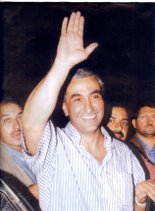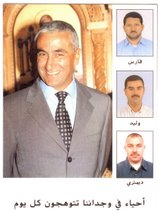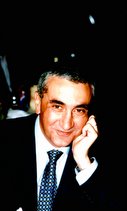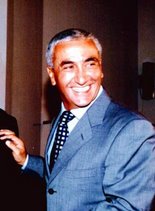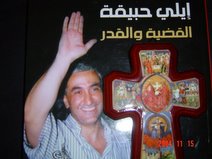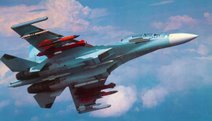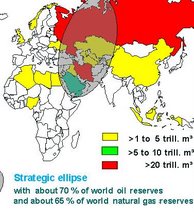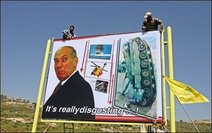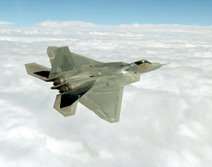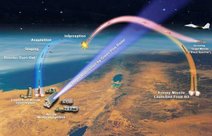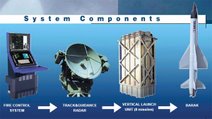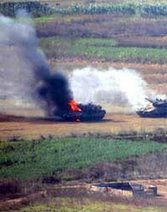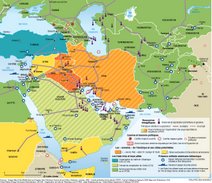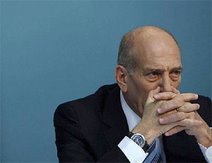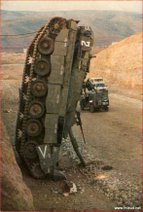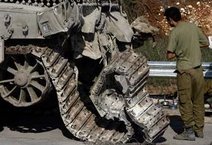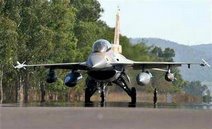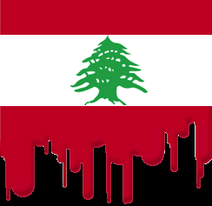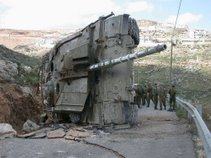
They are all good friends and associates of Manuchehr Ghorbanifar (an Iranian arms merchant, an alleged MOSSAD double agent, and a key figure in the Iran/Contra Affair, the arms-for-hostages deals between Iran and the Reagan administration). In one or two, at most three, degrees of separation, these people hung out in the same circles and very likely drank to the same toasts.
You can find all kinds of trivia about Ghorbanifar in the Walsh Report on the Iran/Contra affair. In Chapter 8, for example, we learn:
"Ghorbanifar, an Iranian exile and former CIA informant who had been discredited by the agency as a fabricator, was a driving force behind these proposals [for arms-for-hostages deal];" or, "Ghorbanifar, as broker for Iran, borrowed funds for the weapons payments from Khashoggi, who loaned millions of dollars to Ghorbanifar in "bridge financing'" for the deals. Ghorbanifar repaid Khashoggi with a 20 percent commission after being paid by the Iranians," (see: http://www.fas.org/irp/offdocs/walsh/chap_08.htm).Here is a bit from an article by Time magazine that shows Ghorbanifar's circle of associates; it is from a January 1987 cover story (The Murky World of Weapons Dealers; January 19, 1987):
"By [Ghorbanifar's] own account he was a refugee from the revolutionary government of Ayatullah Ruhollah Khomeini, which confiscated his businesses in Iran, yet he later became a trusted friend and kitchen adviser to Mir Hussein Mousavi, Prime Minister in the Khomeini government. Some U.S. officials who have dealt with Ghorbanifar praise him highly. Says Michael Ledeen, adviser to the Pentagon on counterterrorism: "[Ghorbanifar] is one of the most honest, educated, honorable men I have ever known." Others call him a liar who, as one puts it, could not tell the truth about the clothes he is wearing," (emphasis added).This second bit is from Chapter 1 of Walsh Iran/Contra Report: (http://www.fas.org/irp/offdocs/walsh/chap_01.htm)
"On or about November 25, 1985, Ledeen received a frantic phone call from Ghorbanifar, asking him to relay a message from [Mir-Hossein Mousavi] the prime minister of Iran to President Reagan regarding the shipment of the wrong type of HAWKs. Ledeen said the message essentially was "we've been holding up our part of the bargain, and here you people are now cheating us and tricking us and deceiving us and you had better correct this situation right away.''And to remind how Michael Ledeen became involved in the Iran/Contra affair in 1985, here is a bit from Chapter 15 of Walsh Report (http://www.fas.org/irp/offdocs/walsh/chap_15.htm):
[...]
"In early May, North and CIA annuitant George Cave met in London with Ghorbanifar and Nir, where the groundwork finally was laid for a meeting between McFarlane and high-level Iranian officials, as well as financial arrangements for the arms deal. Among the officials Ghorbanifar said would meet with an American delegation were the president and prime minister [Mousavi] of Iran and the speaker of the Iranian parliament," (emphasis added).
"[McFarlane] authorized Michael A. Ledeen, a part-time NSC consultant on anti-terrorism, to ask Israeli Prime Minister Shimon Peres to check on a report that the Israelis had access to good sources on Iran. By early August 1985, Ledeen's talks had led to a direct approach by Israeli officials to McFarlane, to obtain President Reagan's approval to ship U.S.-supplied TOW missiles to Iran in exchange for the release of American hostages in Beirut. McFarlane said he briefed the President, Regan, Shultz, Weinberger, Casey and perhaps the Vice President about the proposal in July and August 1985.40 McFarlane said that Casey recommended that Congress not be informed of the arms sales."There you have it. Now, I'm no investigative journalist, so I'll leave it to the professionals to dig deeper into this.
But, I do have to wonder aloud: Seeing how we cannot ignore his 'neo-con' credentials and that Michael Ledeen maintained his very good relations with Ghorbanifar, (who at least used to be) a good friend of Mir-Hossein Mousavi (the 'candidate of change' in the Iranian presidential elections); and given the support that Mousavi's candidacy has been receiving from the American 'moderates', maybe this kind of 'change' is the 'regime change' the Americans have had in mind for Iran?
